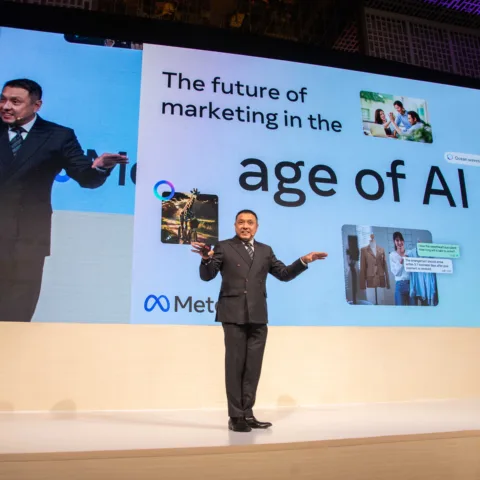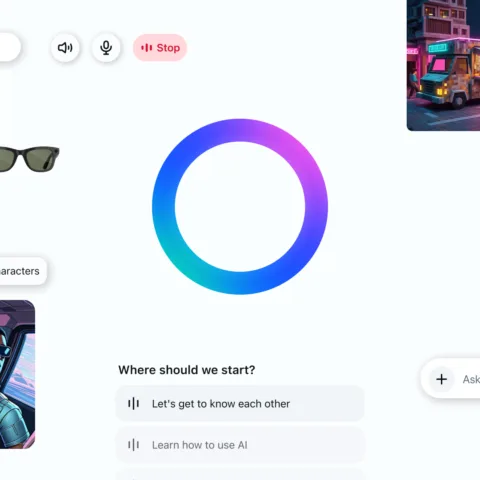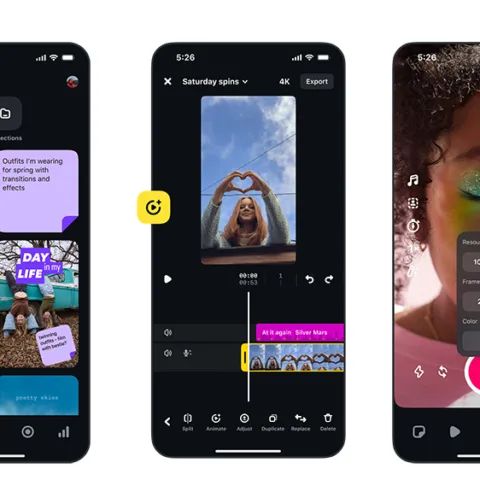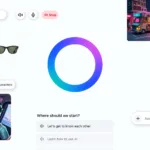
In his response towards the article on finding the balance between Internet.org’s economic aspect and net neutrality, the Ministry of Communication and Information Rudiantara stated that government, although not in a specified regulation, supports this net neutrality concept with the focus on providing equal distribution to all Indonesian population. As for Internet.org, Rudiantara admitted that he tended to focus on the business model aspect rather than protecting local services.
Rudiantara exclusively told DailySocial that the government really cares about the equal distribution of internet. As we know that in Indonesia, proper internet access is still limited to big cities. The relocation of cellular frequency, which was started in Maluku, has brought the enhancement of internet service quality through mobile broadband within, including 4G.
Rudiantara admitted that the government holds mobile broadband as the spearhead of internet distribution all over Indonesia, especially because the initial investment in this sector is quite huge. The implementation of fixed broadband technology outside the big cities is still economically nearly impossible.
As described by tech enthusiast Aulia Masna in previous article, the net neutrality issue in Indonesia and the U.S are poles apart. There, with equally distributed internet access, the issue is that whether the social treatment for services is worthy enough to be given or not. Whilst in Indonesia, with only one third of the population get connected to the internet, the issue lies on how to reach the other two third of the population.
Regarding the Facebook’s initiated Internet.org, Rudiantara focused on its economic aspect. According to him, the huge sum for investment on infrastructure makes him wonder whether operators will truly profit out of the concept or not. It seemed that he wanted to protect local services (in this case Indosat, Internet.org’s partnering operator) so that they won’t be exploited by foreign parties.
About the Mastel’s initiated “Internet Nusantara”, Rudiantara commented that it’s not impossible for the government to allow the access to all local services at no cost at all. However, he emphasized that the internet equal distribution is something of greater significance instead of “subsidizing” local services. Further, Internet Nusantara seems to be a bit off from the initial concept of net neutrality, as it’s seen to “invite” foreign providers to get involved.










